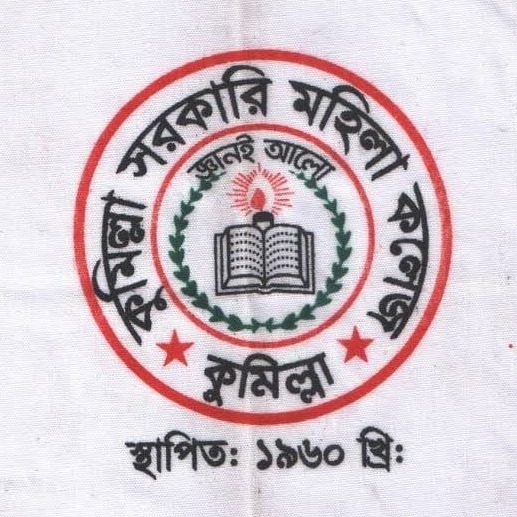About Us
Comilla Women's College embarked on its journey in 1960 with just three teachers and seventeen students, situated in the heart of Comilla town within the Muslim Institute Hall at Monohar Pur. Mr. Mosleuddin, an English teacher from Brahmonbaria College, was appointed as the founding principal. The entire campus, including the former Fuller Islamic Hostel, was graciously donated as a trust property by Nawab Hussam Haider Chowdhury. His son, Nawab Osman Haider Chowdhury, representing the trust...
Comilla Women's College embarked on its journey in 1960 with just three teachers and seventeen students, situated in the heart of Comilla town within the Muslim Institute Hall at Monohar Pur. Mr. Mosleuddin, an English teacher from Brahmonbaria College, was appointed as the founding principal. The entire campus, including the former Fuller Islamic Hostel, was graciously donated as a trust property by Nawab Hussam Haider Chowdhury. His son, Nawab Osman Haider Chowdhury, representing the trust board, generously donated approximately five acres of land for the college's expansion.nOver time, the college evolved into a fully-fledged degree college in 1967, earning the reputation of being the second largest and finest women's college in Bangladesh, after Eden Girls College, Dhaka. In 1978, the college was nationalized, marking a significant milestone in its history. Following the War of Liberation in 1973, the college introduced Honours and Preliminary Master's courses in Bangla and Political Science under Chittagong University.nIn 1997, the college further expanded its academic offerings by introducing Honours and Master's courses in Social Work, Philosophy, Chemistry, Physics, Mathematics, Botany, and Zoology. Presently, the college boasts a student roll strength of approximately 4,000.nThe college commemorated its golden jubilee ceremony (1960-2010) in a grand manner on January 15, 2011, with active participation from former and current students, teachers, and well-wishers. Comilla Women's College has played a pivotal role in advancing female education since its inception, contributing significantly to the empowerment and academic growth of women in the region.
